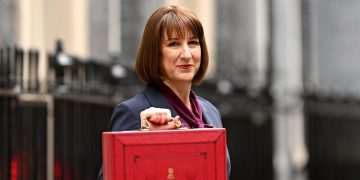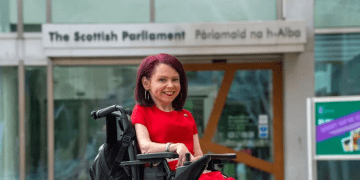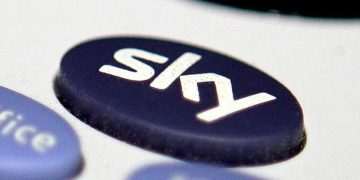Owning a freehold property in Bristol means that you completely own the property and the land it sits on. If there is a mortgage lender then of course they hold a charge over this however you are the sole proprietor of this property.
Freehold vs Leasehold
There are many benefits to owning a freehold and a leasehold property.
Freehold;
- You will own the property yourself and the surrounding land
- You do not have to pay any ground rent/ service charges or admin fees
- You can make any alterations to the property you wish
- You are in charge of the maintenance and do not have to rely on a third party
- More likely to increase in value long term
Leasehold;
- Normally cheaper than freehold properties
- Responsibility of maintenance is not yours
- Potential to purchase the freehold also
Buying and selling a freehold property is normally a much more straightforward transaction as there are no third parties involved.
However, freehold properties in Bristol can also have a management company involved whereby they would then need to provide further documentation normally at an extra cost and potential further delay. Leasehold properties can have multiple third parties e.g a landlord, management company, managing agent etc.
Purchasing the freehold of a property
If the property is a house it is worth purchasing the freehold if the opportunity arises. Buying the freehold means it could increase value to your home. You would no longer be liable for service charges, ground rent or any additional payments.
You should always take the help of regulated and licensed Bristol conveyancing solicitors to make your property buying a great experience.
The property would be yours alone meaning there would not be as many restrictions imposed for example; some landlords do not allow pets or external alterations. This would not be an issue if you bought the freehold. If you own a leasehold property and are interested in purchasing the freehold, this can be looked into via the landlord/management company.
Stamp duty
Stamp duty is a historical land tax that is paid on property purchase transactions, introduced in 1694 and a tax we still pay today. Stamp duty will differ depending on the price of the purchase property, the date and your status as the buyer. Stamp duty land tax applies throughout England and Northern Ireland. It no longer exists in Scotland as it was replaced by Land and Buildings Transaction Tax on April 1st 2015.
Why is stamp duty different for different purchases?
Stamp duty is calculated by the purchase price of the property, when you buy the property and also who you are as a buyer. First time buyers are exempt from paying stamp duty on any property upto £300,000 however if it is over £300,000 then you will be liable to pay 5% upto £500,000 and anything over this stamp duty threshold you are held to the same rules as any other buyer who has bought a home previously. If you’re purchasing a home and have previously purchased a house then the thresholds stand at £125,000 for residential properties and £150,000 for non-residential land and properties. If you’re purchasing a property whilst owning another property then it is different again, you will be expected to pay 3% on top of SDLT rates. There is a stamp duty calculator to assist if you are confused about what your stamp duty would be.


















































